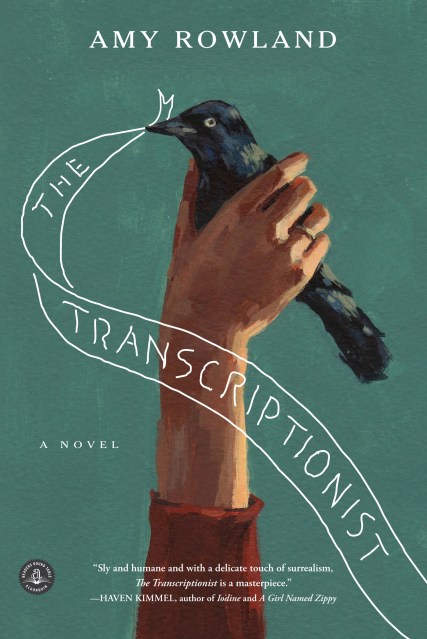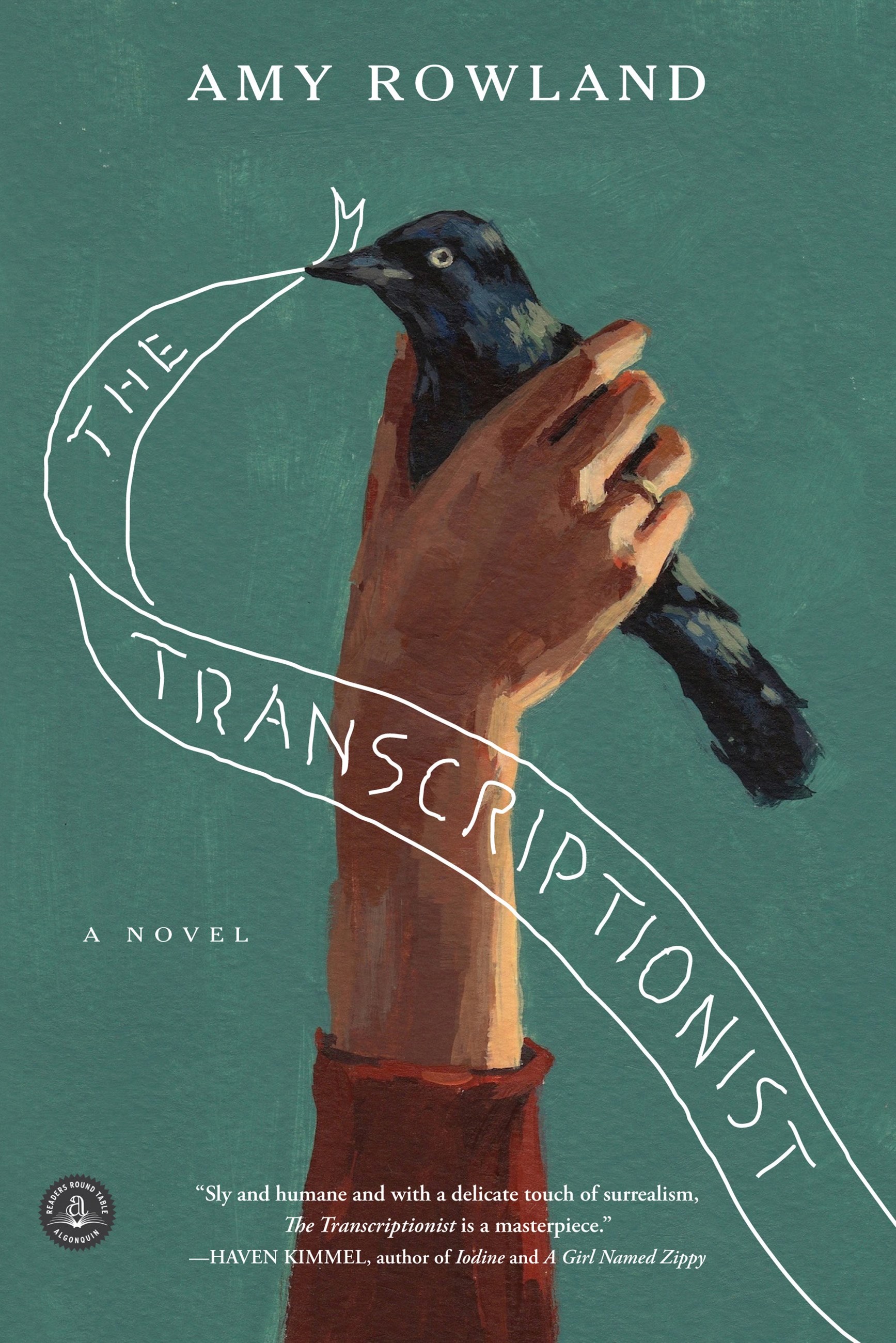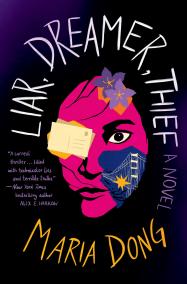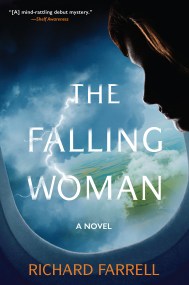Promotion
Use code MOM24 for 20% off site wide + free shipping over $45
The Transcriptionist
A Novel
Contributors
By Amy Rowland
Formats and Prices
Price
$9.99Price
$12.99 CADFormat
Format:
ebook $9.99 $12.99 CADThis item is a preorder. Your payment method will be charged immediately, and the product is expected to ship on or around May 13, 2014. This date is subject to change due to shipping delays beyond our control.
Also available from:
“Haunting and provocative . . . Rowland’s writing is compelling and masterful.” —Delia Ephron, author of The Lion Is In
Once, there were many transcriptionists at the Record, a behemoth New York City newspaper, but new technology has put most of them out of work. So now Lena, the last transcriptionist, sits alone in a room–a human conduit, silently turning reporters’ recorded stories into print–until the day she encounters a story so shocking that it shatters the reverie that has become her life.
This exquisite novel, written by an author who spent more than a decade as a transcriptionist at the New York Times, asks probing questions about journalism and ethics, about the decline of the newspaper and the failure of language. It is also the story of a woman’s effort to establish her place in an increasingly alien and alienating world.
“The Transcriptionist is suffused with prescient insight into journalism, ethics, and alienation . . . A thought provoking, original work.” —New York Journal of Books
“Rowland seems that rare thing, the naturally gifted novelist . . . [She] deftly maps a very specific kind of urban loneliness, the inner ache of the intelligent, damaged soul who prefers the company of ideas and words to that of people . . . That urge–to make words holy–is at the heart of this novel’s strange, sad beauty.” —The Washington Post
“The Transcriptionist holds many pleasures . . . [and] can be read through many lenses . . . Rowland plays with the notions of truth and reliability . . . Sharp and affecting.” —The New York Times Book Review
“A strange, mesmerizing novel . . . about the decline of newspapers and the subsequent loss of humanity—and yes, these are related.” —Booklist, starred review
“Ambitious and fascinating . . . Disturbing and powerful.” —Library Journal
“Entering the city Rowland creates, with its tightly strung dialogue and soulful, lonely citizens, is a memorable experience.” —The Boston Globe
“Unforgettable. Written with such delight, compassion, and humanity it’s newsworthy.”—Alex Gilvarry, author of From the Memoirs of a Non-Enemy Combatant
Once, there were many transcriptionists at the Record, a behemoth New York City newspaper, but new technology has put most of them out of work. So now Lena, the last transcriptionist, sits alone in a room–a human conduit, silently turning reporters’ recorded stories into print–until the day she encounters a story so shocking that it shatters the reverie that has become her life.
This exquisite novel, written by an author who spent more than a decade as a transcriptionist at the New York Times, asks probing questions about journalism and ethics, about the decline of the newspaper and the failure of language. It is also the story of a woman’s effort to establish her place in an increasingly alien and alienating world.
“The Transcriptionist is suffused with prescient insight into journalism, ethics, and alienation . . . A thought provoking, original work.” —New York Journal of Books
“Rowland seems that rare thing, the naturally gifted novelist . . . [She] deftly maps a very specific kind of urban loneliness, the inner ache of the intelligent, damaged soul who prefers the company of ideas and words to that of people . . . That urge–to make words holy–is at the heart of this novel’s strange, sad beauty.” —The Washington Post
“The Transcriptionist holds many pleasures . . . [and] can be read through many lenses . . . Rowland plays with the notions of truth and reliability . . . Sharp and affecting.” —The New York Times Book Review
“A strange, mesmerizing novel . . . about the decline of newspapers and the subsequent loss of humanity—and yes, these are related.” —Booklist, starred review
“Ambitious and fascinating . . . Disturbing and powerful.” —Library Journal
“Entering the city Rowland creates, with its tightly strung dialogue and soulful, lonely citizens, is a memorable experience.” —The Boston Globe
“Unforgettable. Written with such delight, compassion, and humanity it’s newsworthy.”—Alex Gilvarry, author of From the Memoirs of a Non-Enemy Combatant
Genre:
-
“A haunting and provocative novel about the mysteries of life and a death, the written word, things seen and unseen, heard and forgotten. Amy Rowland's writing is compelling and masterful.” B>Delia Ephron, author of The Lion Is InNew York Journal of Books
“This haunting, beautiful book set me thinking and dreaming about language and personality. It proves that language can make us whole. The entire book tends towards liberation, and the end is so suggestive and life-affirming, though not a typical happy ending. It's something better, something the reader can carry back into life.” B>Rebecca Lee, author of Bobcat and Other Stories
“If one had to name an antecedent for the strange, golden sheen that covers Amy Rowland’s debut novel, possibly early John Cheever, with its dreamy imaginings of commuter intrigues, or beautifully cadenced, resonant verbal exchanges, would be closest. Entering the city Rowland creates, with its tightly strung dialogue and soulful, lonely citizens, is a memorable experience.” I>The Boston Globe
“A lively tale, light and enjoyable, about a sensitive, reflective and articulate soul in a fast-paced, often soulless world.” I>Minneapolis Star Tribune
“Rowland, a former transcriptionist for the New York Times, has written a strange, mesmerizing novel about language, isolation, ethics, technology, and the lack of trust between institutions and the people they purportedly serve . . . A fine debut novel about the decline of newspapers and the subsequent loss of humanity--and yes, these are related.” B>Booklist, starred review
“Sly and humane and with a delicate touch of surrealism, The Transcriptionist is a masterpiece.” B>Haven Kimmel, author of Iodine and A Girl Named Zippy
“What a laser-sharp eye Amy Rowland has! From her perch in the most out-of-the-way nook in the world's most powerful paper, her heroine seems to be able to take in the whole world. This first novel is wise, beautifully written, with just the right amount of wickedness.” B>James Magnuson, author of Famous Writers I Have Known
“Unforgettable. Written with such delight, compassion, and humanity it’s newsworthy. Amy Rowland is the debut of the year.” B>Alex Gilvarry, author of From the Memoirs of a Non-Enemy Combatant
“The Transcriptionist is suffused with prescient insight into journalism, ethics, and alienation . . . A thought provoking, original work.”
- On Sale
- May 13, 2014
- Page Count
- 272 pages
- Publisher
- Algonquin Books
- ISBN-13
- 9781616203962
Newsletter Signup
By clicking ‘Sign Up,’ I acknowledge that I have read and agree to Hachette Book Group’s Privacy Policy and Terms of Use







